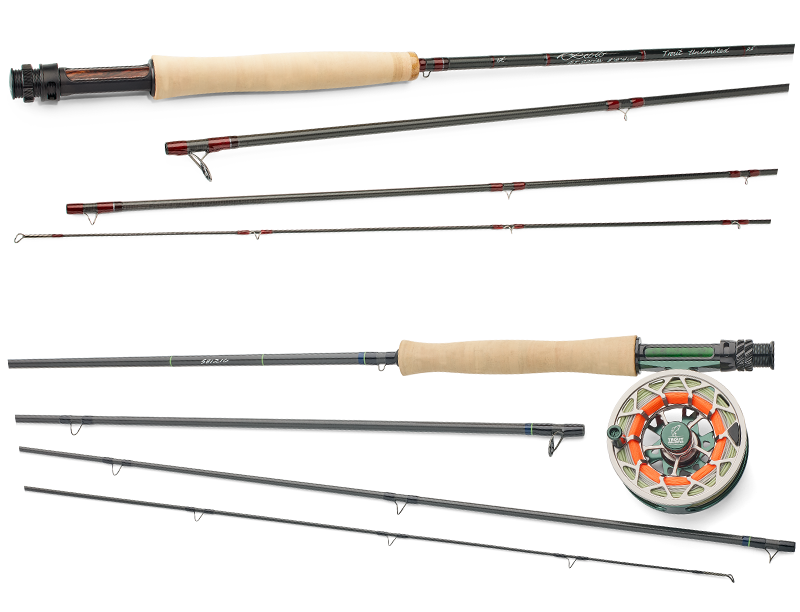-
New mapping tool puts beavers to work for Upper Columbia fisheries
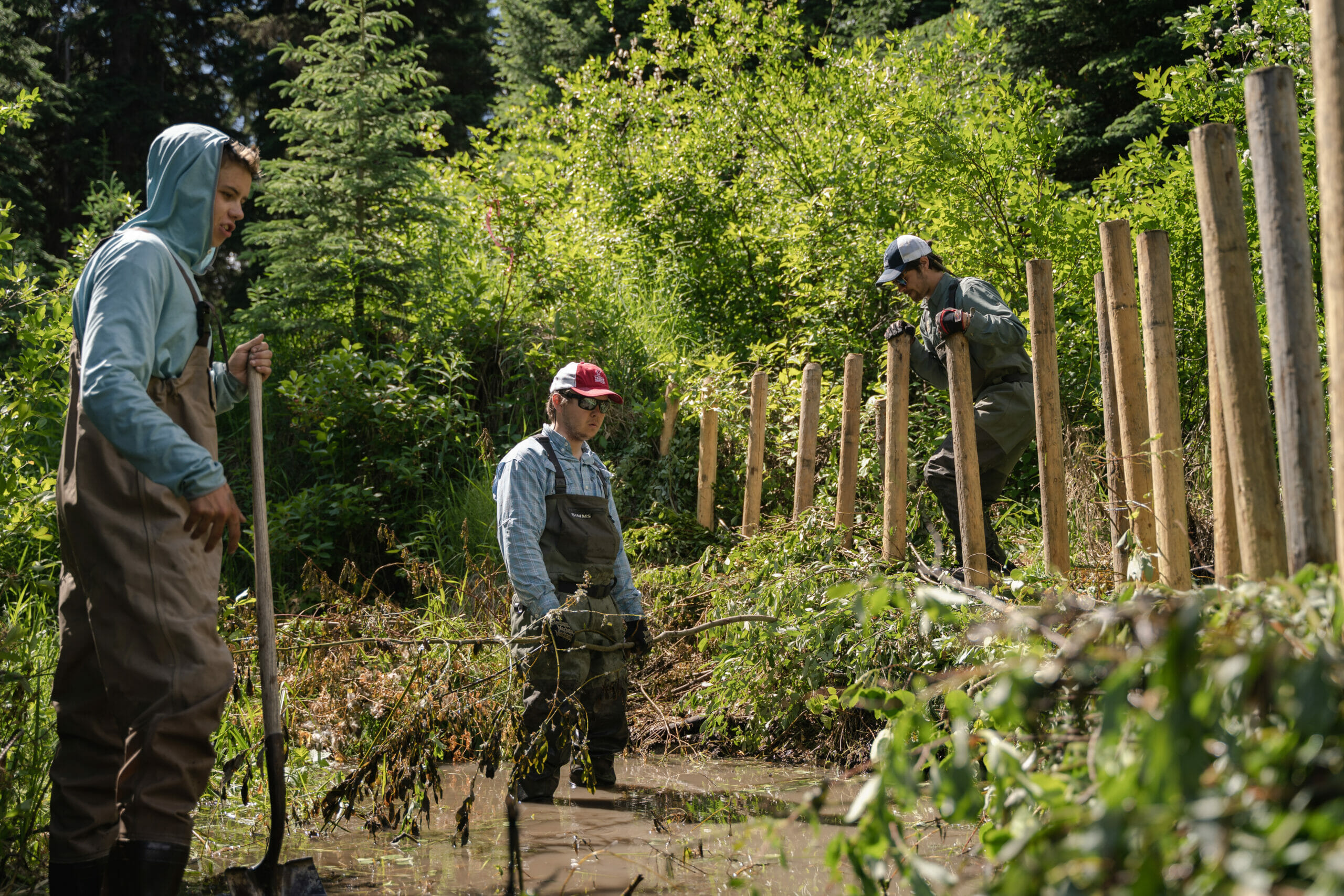
By Crystal Elliot, Kodi Jo Jaspers, and Matt Mayfield Beavers and trout anglers are not strangers. Many of us have been startled while standing knee-deep in a trout stream when something big and brown and way larger than the fish we are targeting suddenly slips past. Beavers can cause headaches for land managers as they engineer streams and ponds…
-
Unwrapping genetic gifts that tell meaningful stories of trout
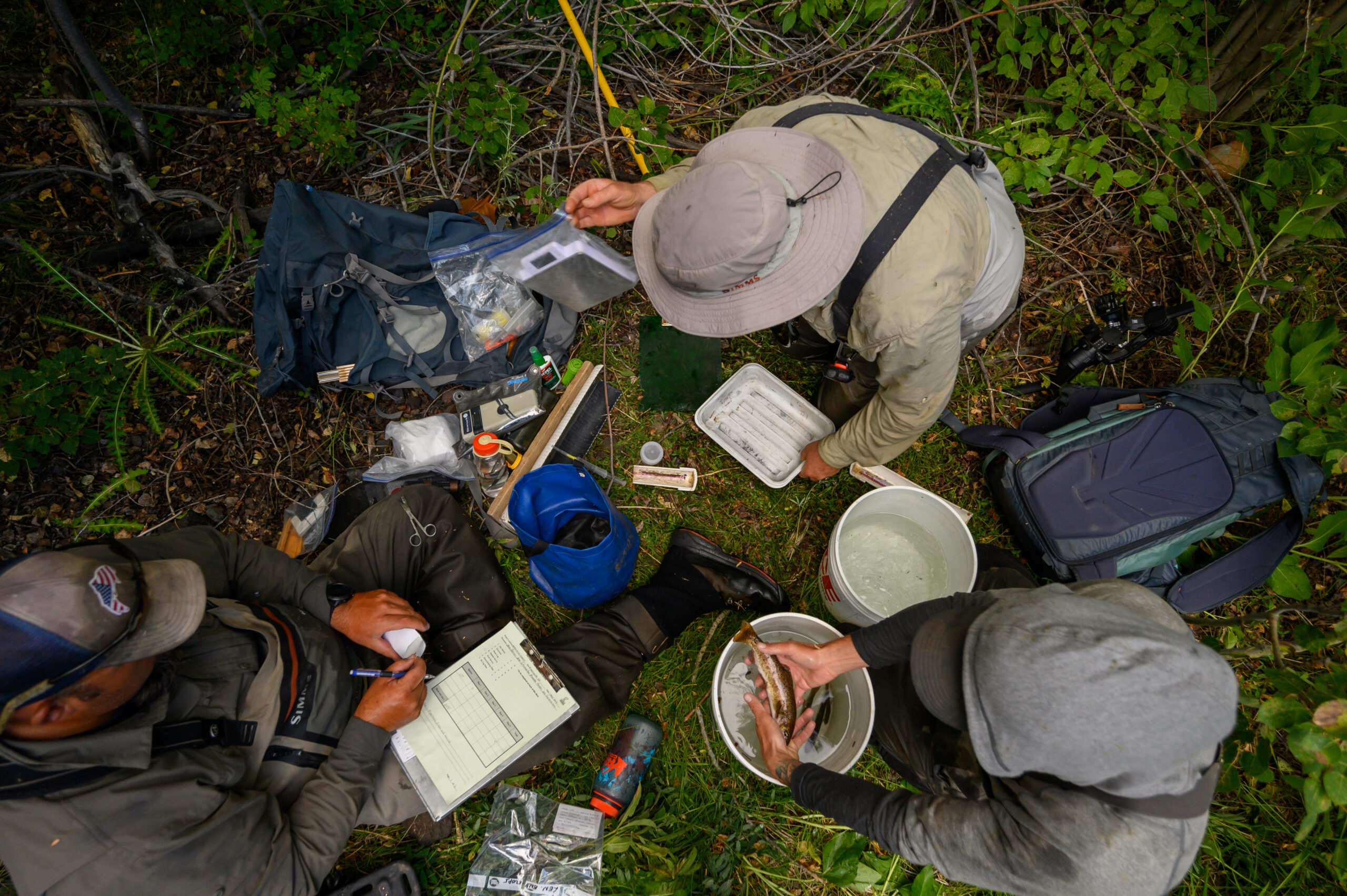
Lately I’ve been ruminating about why I love genetics, a wonky field of numbers and theory where a true understanding of results only happens long after the field season — in an office, on a computer at that. Every time I get new genetic results it’s like receiving a surprise gift. So many processes — all this history we can’t see — shape the genes of all organisms, including fish. The genetic patterns we uncover, then, tell us real and important things about the conservation needs of these fish. …
-
Wisconsin project shows it’s not always about the money
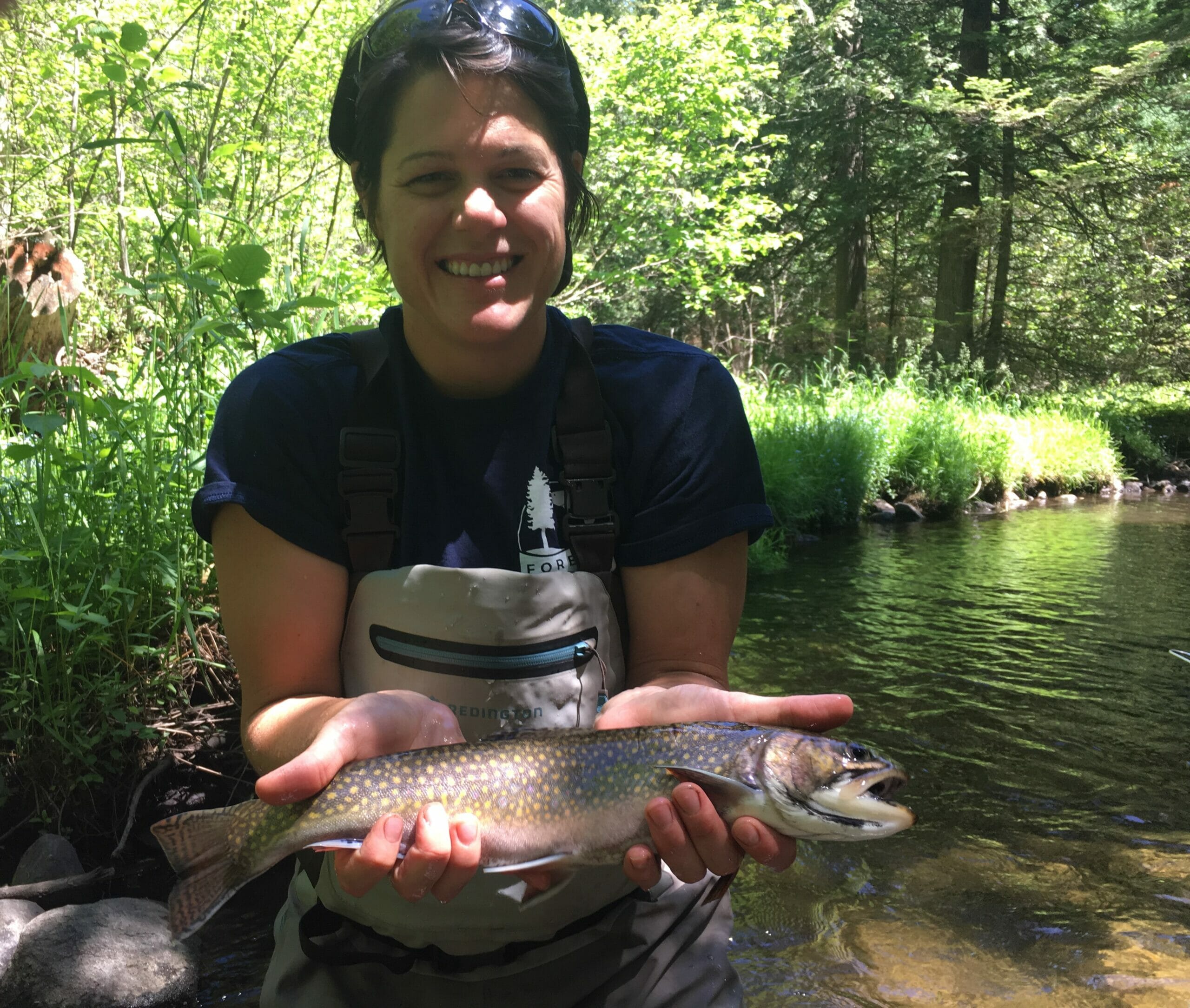
By Chris Collier Working with the Town of Beaver and Wisconsin Department of Natural Resources, Trout Unlimited recently helped replace a fish passage barrier on the North Branch Beaver Creek located in the middle of a state fishery area. Surveys at the site indicated fish passage and flood risk concerns associated with the existing, four-culvert…
-
We are TU: Elizabeth Peterson
I was taught from a very young age, in regard to the environment and conservation, to try to leave the places I visit a little better than I found them.
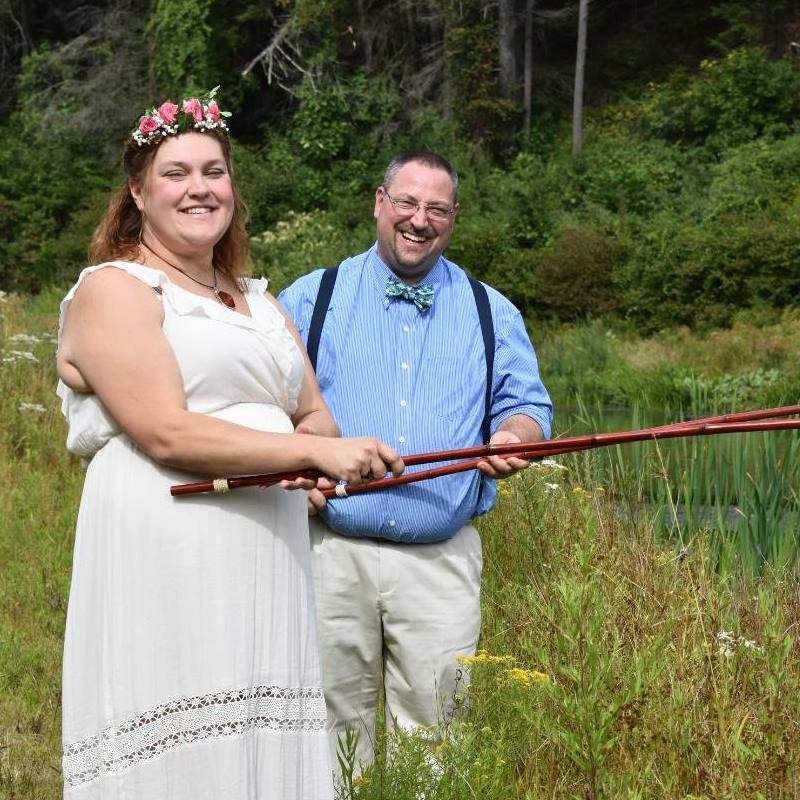
We care about clean water, healthy fisheries and vibrant communities. We roll up our sleeves to volunteer, we sit on our boards, and we strategize as members and leaders of staff. We want you to join us. For a discounted first-time membership, click here: https://gifts.tu.org/we-are-tu The aim of this blog series is to highlight our friends, in…
-
Think Tank: Cannibalism and story time
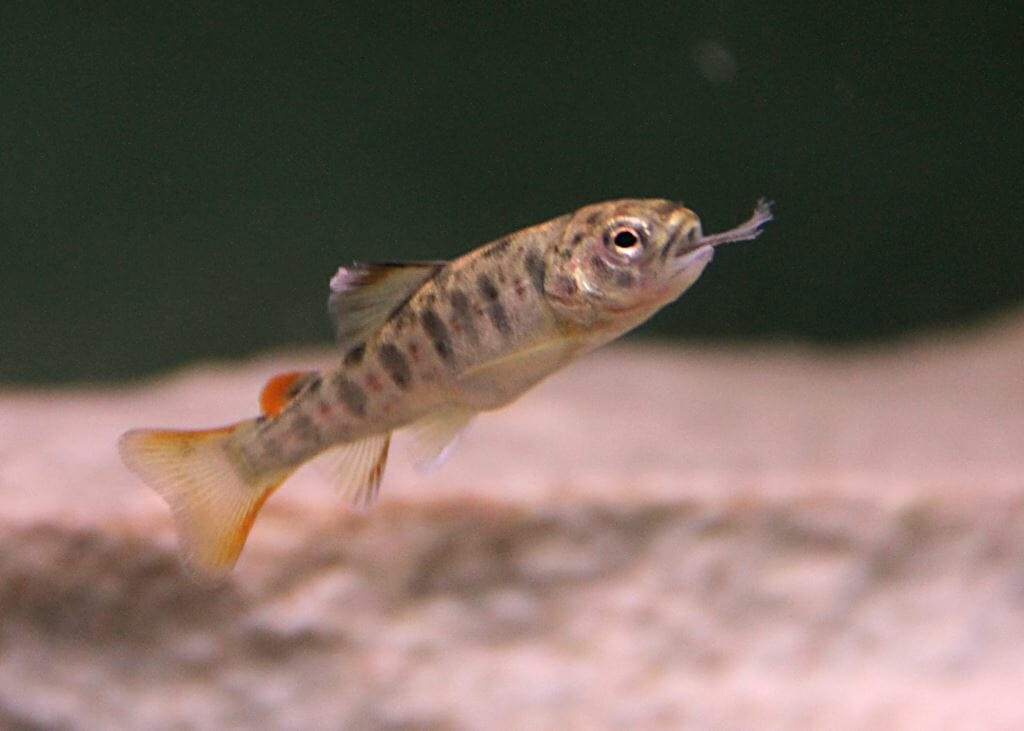
Trout are missing from our virtual trout tank at the Trailside Museum and the very hungry fry are to blame. While trout love to feed on macroinvertebrates, they are ultimately opportunistic feeders. https://www.youtube.com/watch?v=mfxwTP7yt1E&t=3s Like many other fish, trout are cannibalistic, and will eat smaller members of their own species. In fact, we commonly see this…
-
Think Tank: Empty nest and dabbling in chemistry
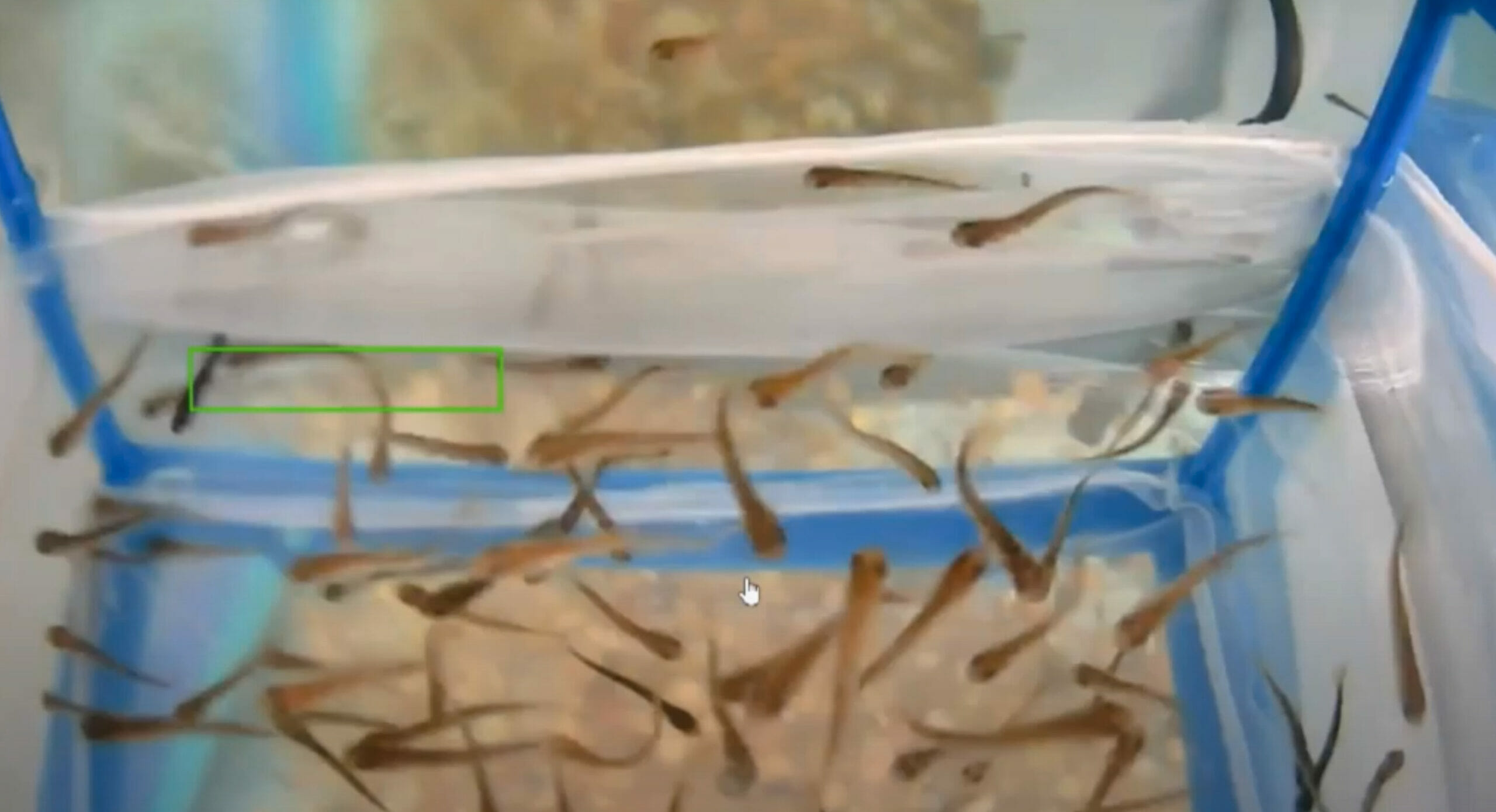
It couldn’t be more obvious. The fry are ready to leave the nest. The trout in our virtual trout tank at the Trailside Museum are very active, hungry and ready for more space. Today we lowered one corner of the basket to let the brave fish swim out and search for food. https://www.youtube.com/watch?v=vo3gB_J8JMc&feature=youtu.be The increase…
-
Hiking the CDT: Characters on the trail
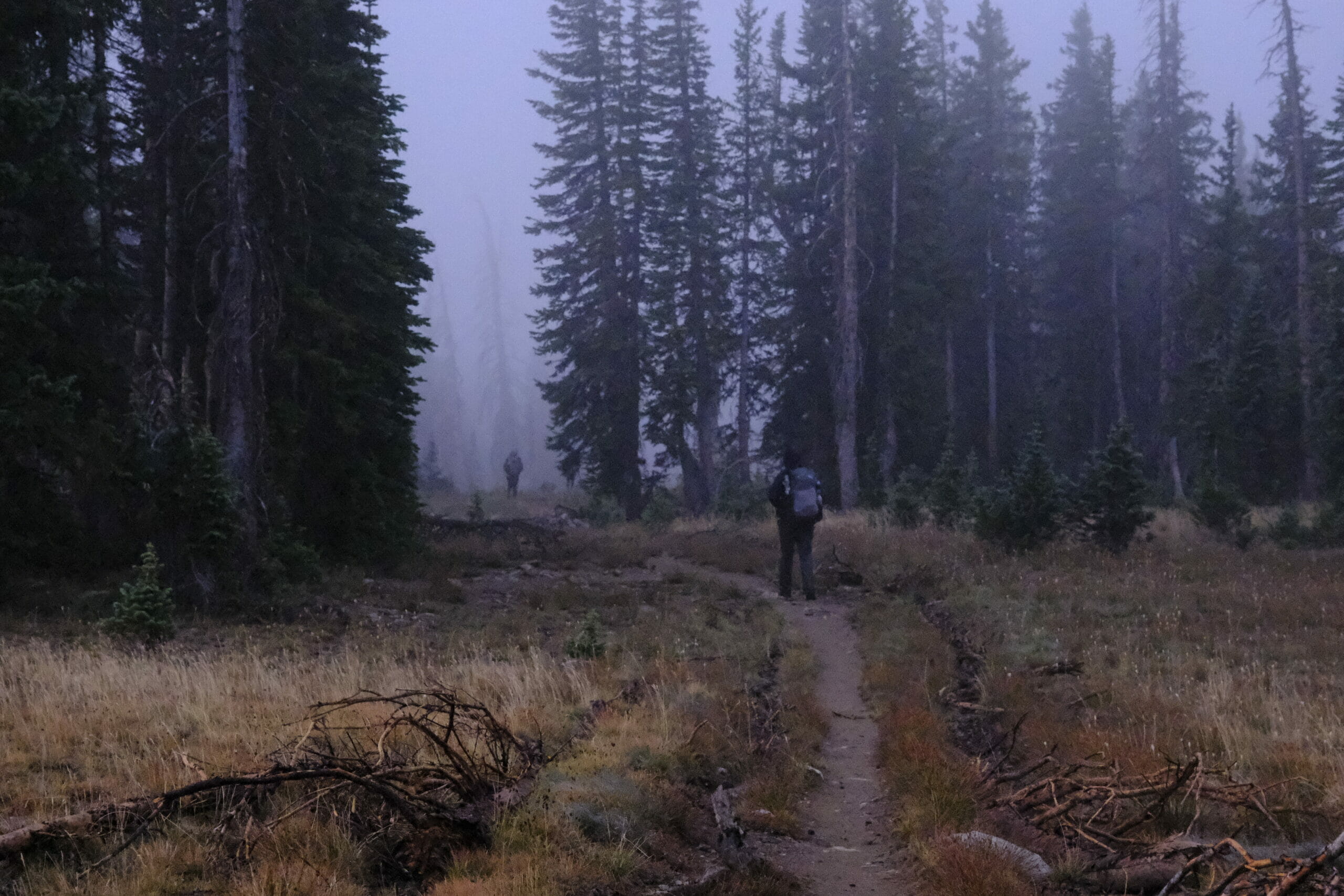
Editor’s Note: The Strawbridge family from Lakeland, Fla., is hiking the length of the Continental Divide Trail – all 3,100 miles of it – from Canada to Mexico. Henry Strawbridge, 14, will be providing updates of their journey to Trout Unlimited as they pass through the historic range of seven native trout species. You can track the…
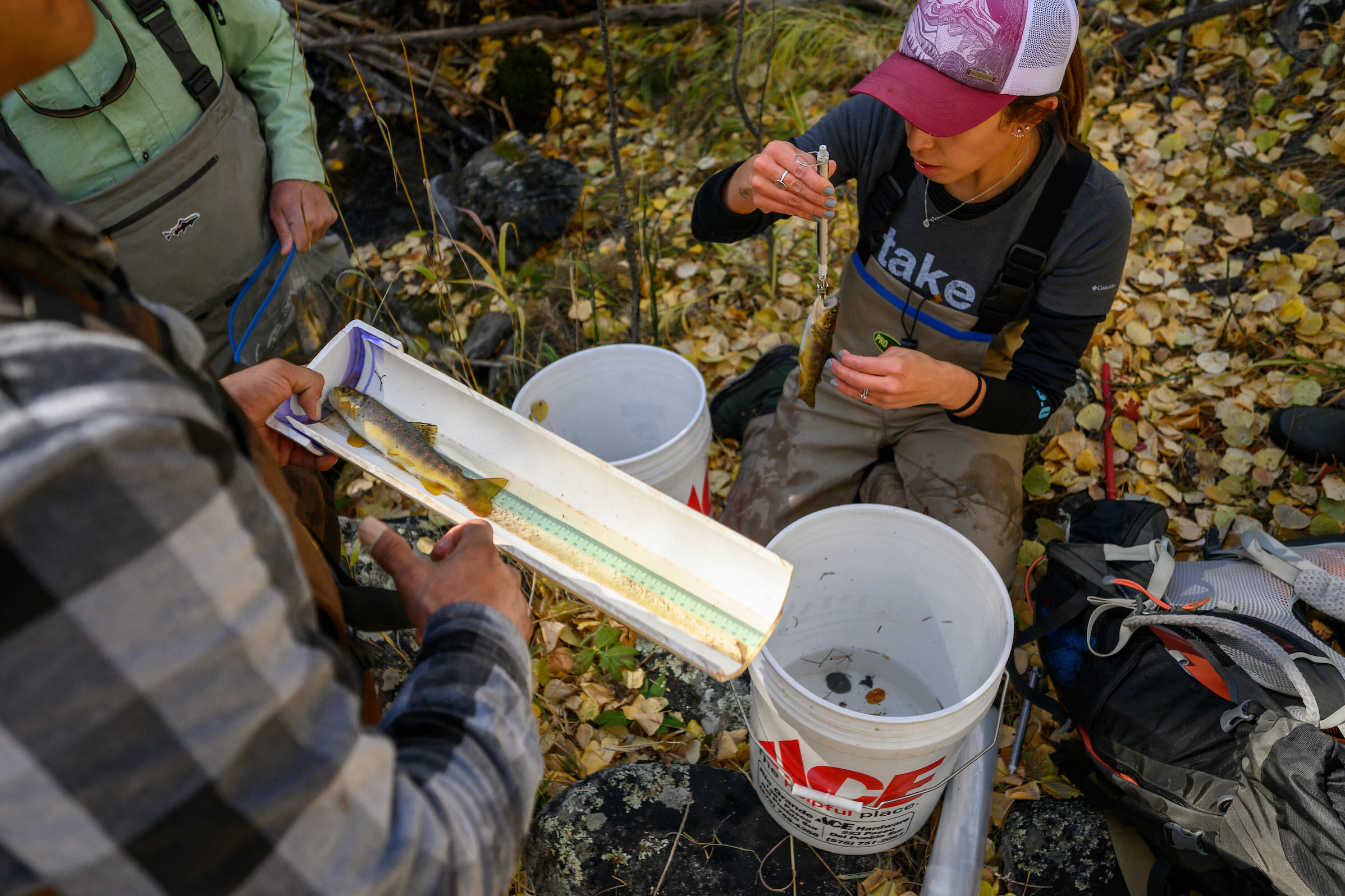
Category

